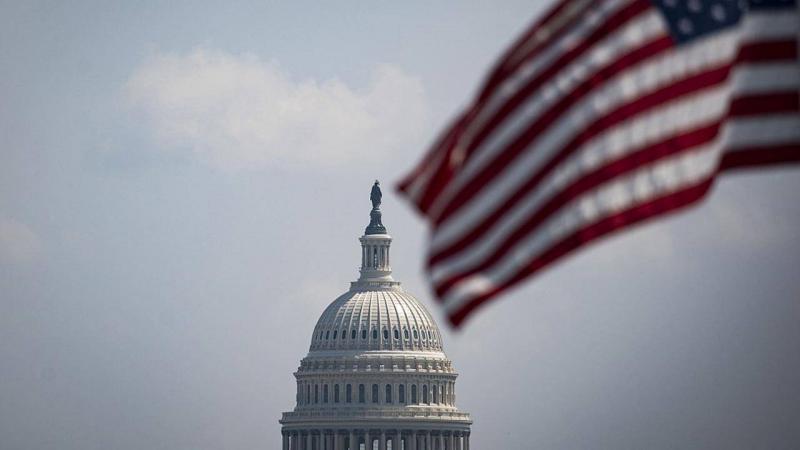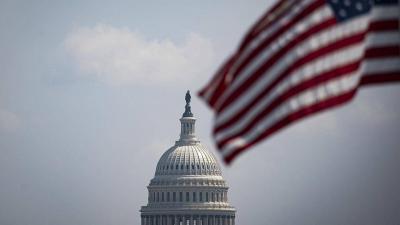With 10 days passed since federal funding ended and no solution in sight, lawmakers are preparing for a government shutdown, a seemingly inevitable measure. Axios explains that "the disruptions caused by internal conflicts among Republicans in the House will not be limited to the executive branch. The salaries of thousands of congressional staff and essential services—especially vital during a shutdown—will also be affected." Congressman Jared Huffman (Democrat from California) stated, "If anything, voters will need more help if agencies are not available to answer phones and respond to their needs." The site noted that voters are beginning to take notice: "Some locals are starting to wonder how this will impact services."
It is worth mentioning that in 2019, the U.S. government experienced a shutdown after former President Donald Trump and Democratic leaders in Congress failed to reach an agreement on funding for U.S. border security during a summit at the White House. That session saw the first face-to-face meeting between Trump and senior lawmakers since before the partial shutdown, which left approximately 800,000 federal workers without pay, in addition to closing national parks and museums. Despite high economic and social costs, the meeting ended without much hope for a quick resolution as both sides clung to their positions amid an ongoing standoff, a situation that is repeating itself today.
Today, House Speaker Kevin McCarthy’s attempt to resume his stalled spending program failed for the third time as Republicans blocked a procedural vote on defense spending, increasing the likelihood of a government shutdown in just ten days. Federal agencies will begin shutting down on October 1 unless Congress passes either a short-term continuing resolution or a full-year funding bill. So far, House Republicans have failed to unify around either option, and the ideas they have explored only garner support from Republicans, making it unlikely they will win approval in the Democratic-majority Senate or be signed into law by President Joe Biden.
Fitch Ratings indicated that ongoing last-minute negotiations threatening the government's ability to pay its bills contributed to their downgrade of U.S. debt from AAA to AA+ this year. A small group of far-right Republicans opposes the Republican spending plan, wanting assurances that fiscal year 2024 appropriations will not exceed the 2022 cap of $1.47 trillion, which is $120 billion less than what McCarthy and Biden agreed upon in May.




